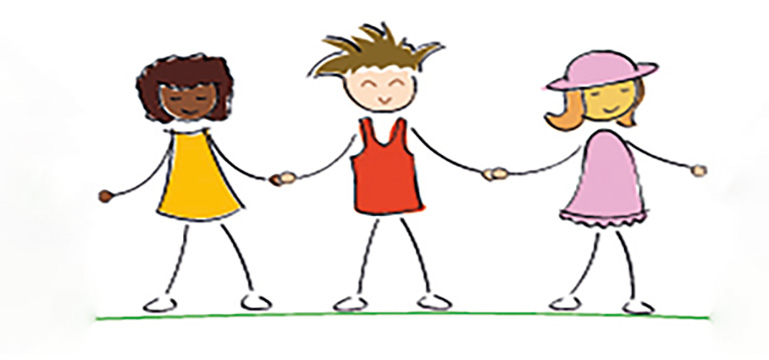Using staff expertise and passions creates motivated and high achieving learners

Context and background to sector-leading practice
Rhiwbeina Primary School is in the North of Cardiff. There are 695 pupils on role. The school has 21 classes. Very few pupils are eligible for free school meals and 15% have additional learning needs. Around 11% of pupils come from ethnic minority backgrounds and 6% speak English as an additional language. Pupils consistently achieve well above local and national expectations year on year.
All pupils can succeed. The passion of the school’s practitioners lies in their fundamental belief that if schools immerse pupils in a broad, creative curriculum, they will develop the skills, knowledge and passion to become true lifelong learners.
Description of nature of strategy or activity
Over time, members of staff have developed a sustainable and personalised whole school approach to their half termly planning and delivery of learning experiences.
The school engages its pupils in a rich and varied curriculum from their first day in nursery to their last day in year six. Staff introduce pupils to the fundamentals of the school’s creative practice early. As a result, it becomes a natural way of learning.
During their journey through school, pupils experience six topics a year that provide pace and variety to their learning. Members of staff have specifically created this approach to engage different interests and break down learning barriers between gender, individual needs and subjects.
This personalised curriculum and schemes of work reflect staff expertise, passion and talents. The school has been consistent in allowing members of staff to work collaboratively to discuss, research and devise relevant resources that facilitate the delivery of a broad and balanced curriculum. Co-ordinators draw on their own interests and skills and extend their professional development beyond the boundaries of the school. For example, in creating the ‘Coal House’ topic, co-ordinators visited a Welsh mining community, accessed parish records, interviewed residents and visited graveyards and a local museum in order to generate a topic about the past that continues to be real and relevant.
In planning the provision, members of staff take account of new initiatives, changes in the curriculum and developments in technology and their specific relevance to the school. At the same time, a love of learning and the interest of learners remain central to the creative curriculum. Consequently, members of staff develop topics through listening to learners which give priority to the pupils’ natural interests. For example, the Titanic Inquiry is consistently popular among learners and is an excellent vehicle for developing their literacy, numeracy, thinking and problem solving skills. An integral part of the school’s curriculum is also the need to foster a Welsh identity and pride in the learners, from exploring the plight of Owain Glyndwr to investigating the big question ‘Why is our local stream called Rhydwaedlyd (Stream of Blood)?’
A collective sense of ownership during the planning process ensures that members of staff deliver and embrace topics with passion and enthusiasm. Staff and pupils ‘live’ the topic through drama and sustained role play. For example, when learning about life as a Victorian child, members of staff give pupils the name and persona of an actual orphan from the city Workhouse documents. During the half term, the story of each child unfolds. Pupils develop their numeracy skills by using the workhouse records to measure allocated food rations. Staff utilise every opportunity to exploit cross-curricular links within each topic, creating a holistic approach to learning. Becoming immersed in each topic leads to high levels of engagement and high standards.
The learning does not stop in the classroom. Pupils are enthusiastic enough to extend their love of learning at home. They make extensive use of outdoor learning and the community as a learning resource. Pupils act as marauding Celts in the local woods or chant burial rituals at a Neolithic site.
What impact has this work had on provision and learners’ standards?
As a result of staff tailoring a broad and creative curriculum to meet their needs, pupils are resilient, resourceful, independent and co-operative learners who are adventurous and creative. Their active engagement in a topic enables them to readily use their confident collaborative learning skills and apply and make links between their learning and real life experiences. The school’s exciting and stimulating styles of teaching create motivated, lifelong learners who are not afraid to make decisions and set their own targets. The pace of learning and the rich experiences ensure that learners are highly literate and numerate and have excellent standards of digital competence. They aim high and take a pride and enjoyment in their achievements. The school’s results verify this.
How has the school shared this good practice?
Staff have shared this practice within the local cluster.
Useful links
Other resources from this provider


Good practice in the humanities
pdf, 1.41 MB Added 06/10/2017